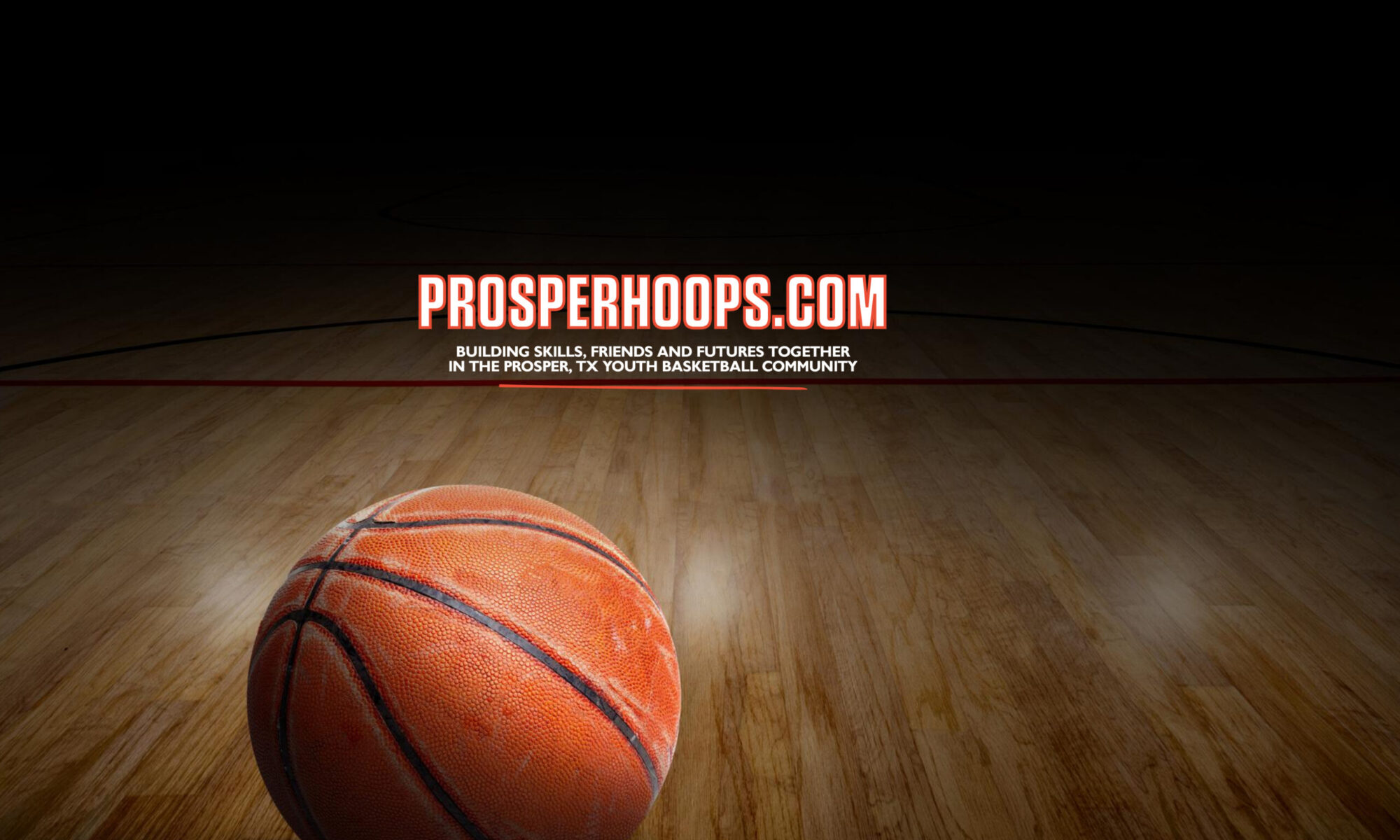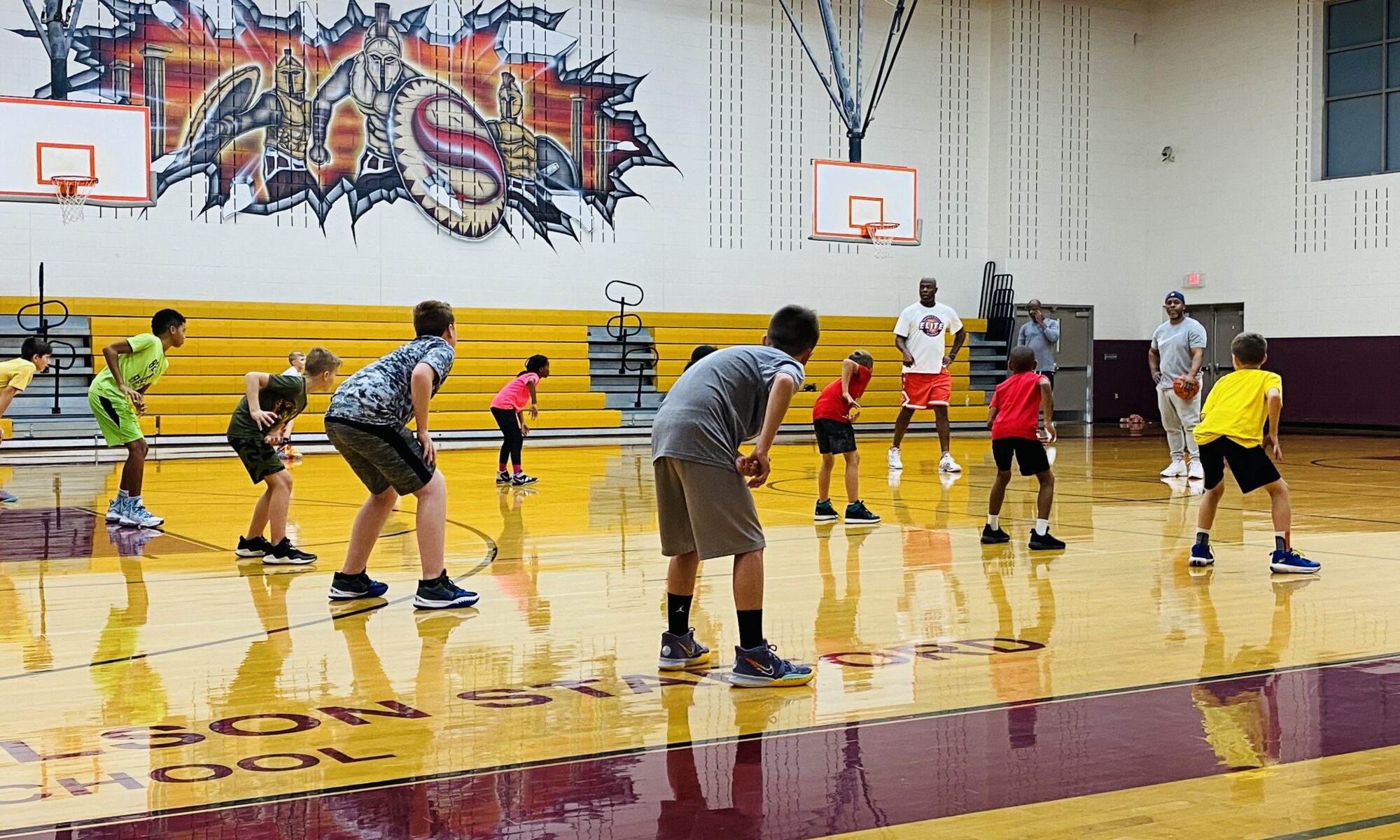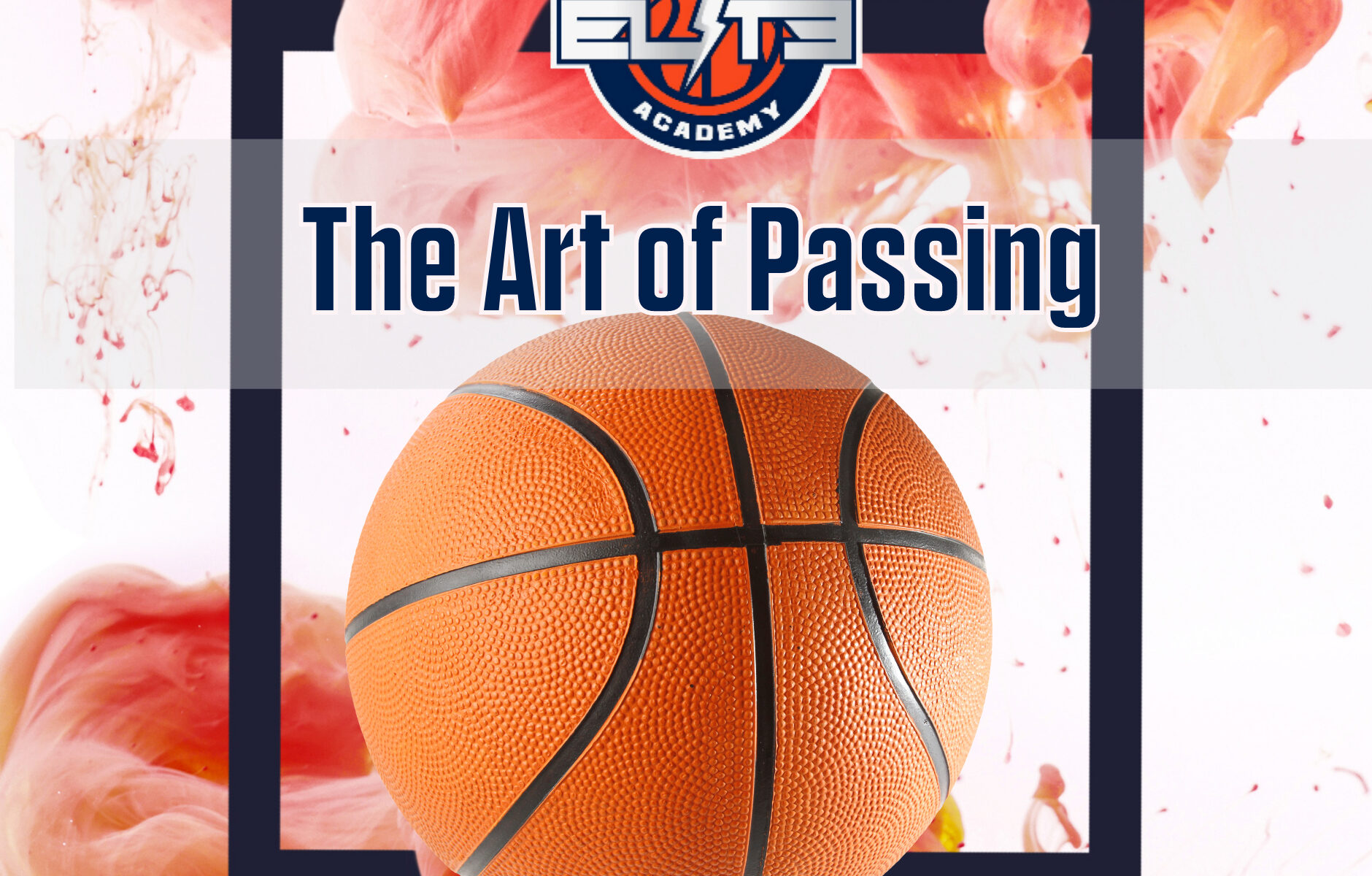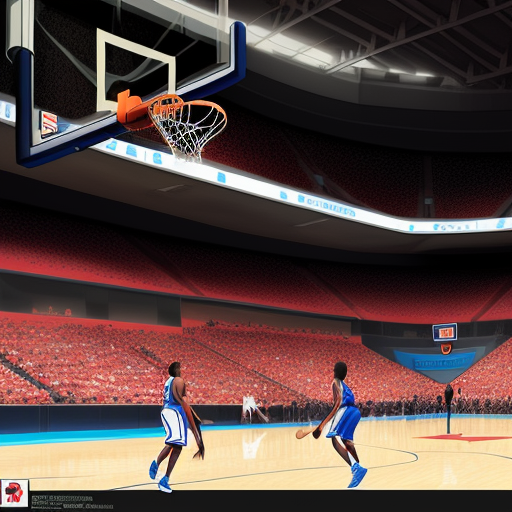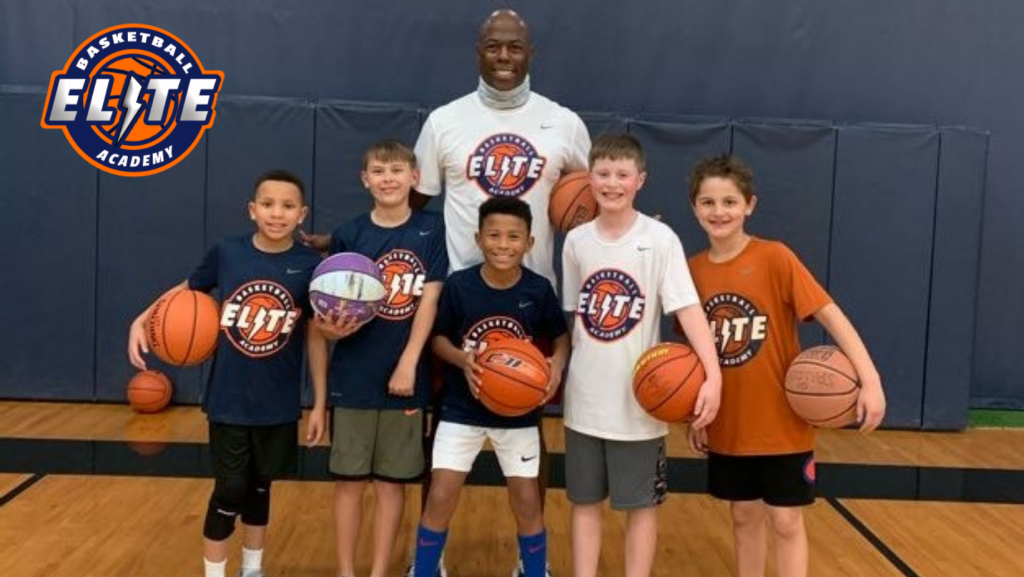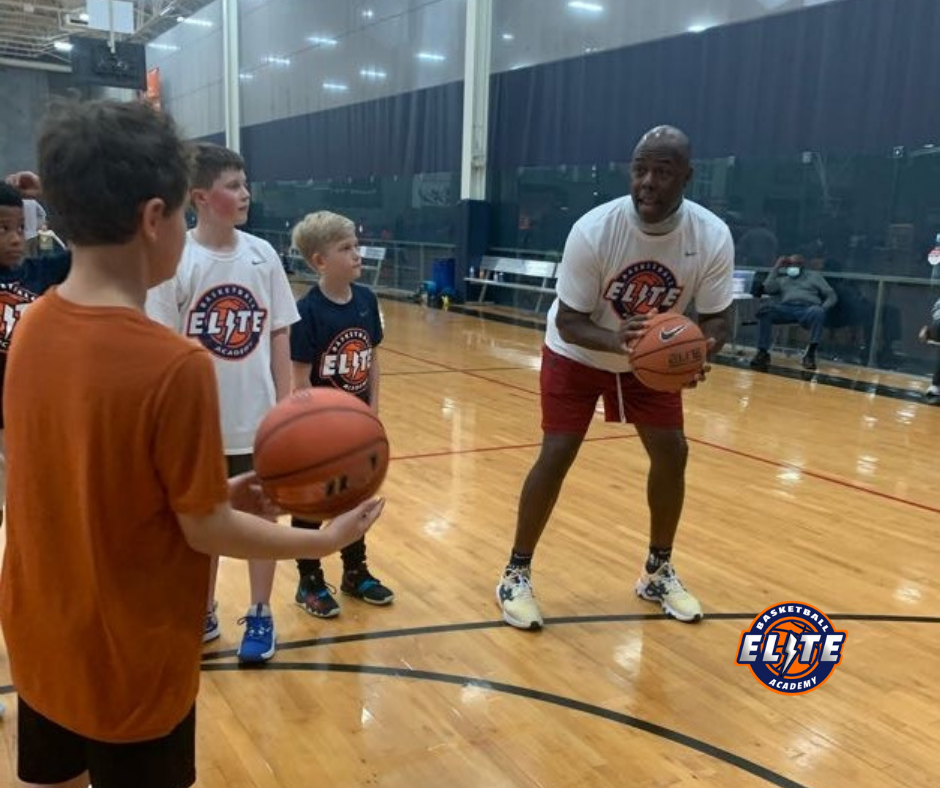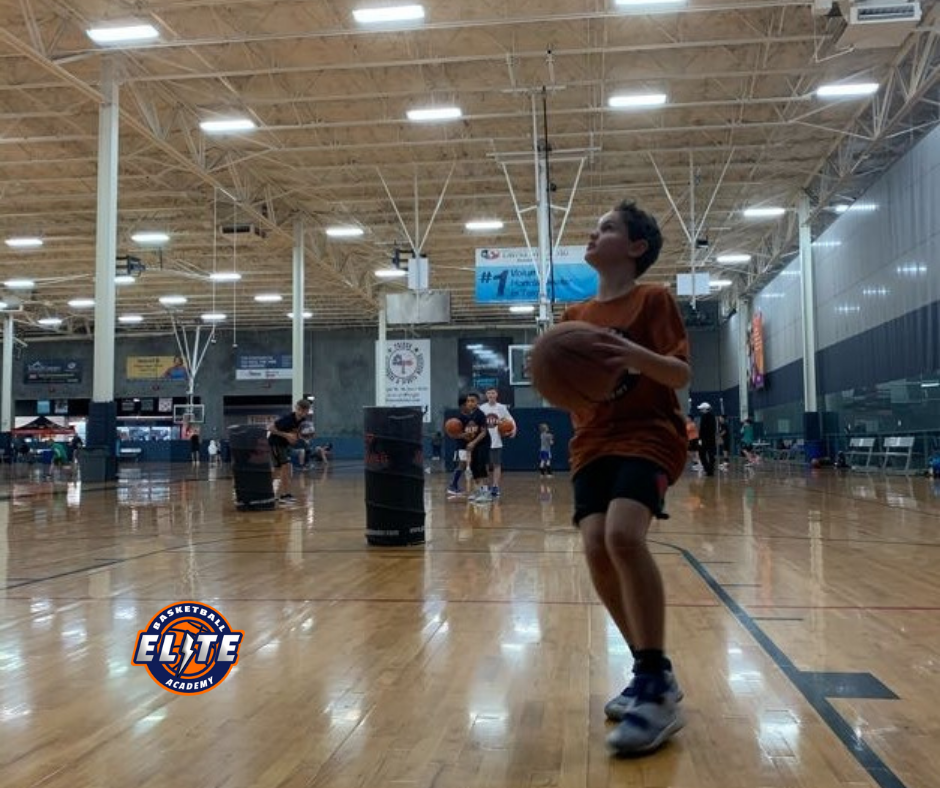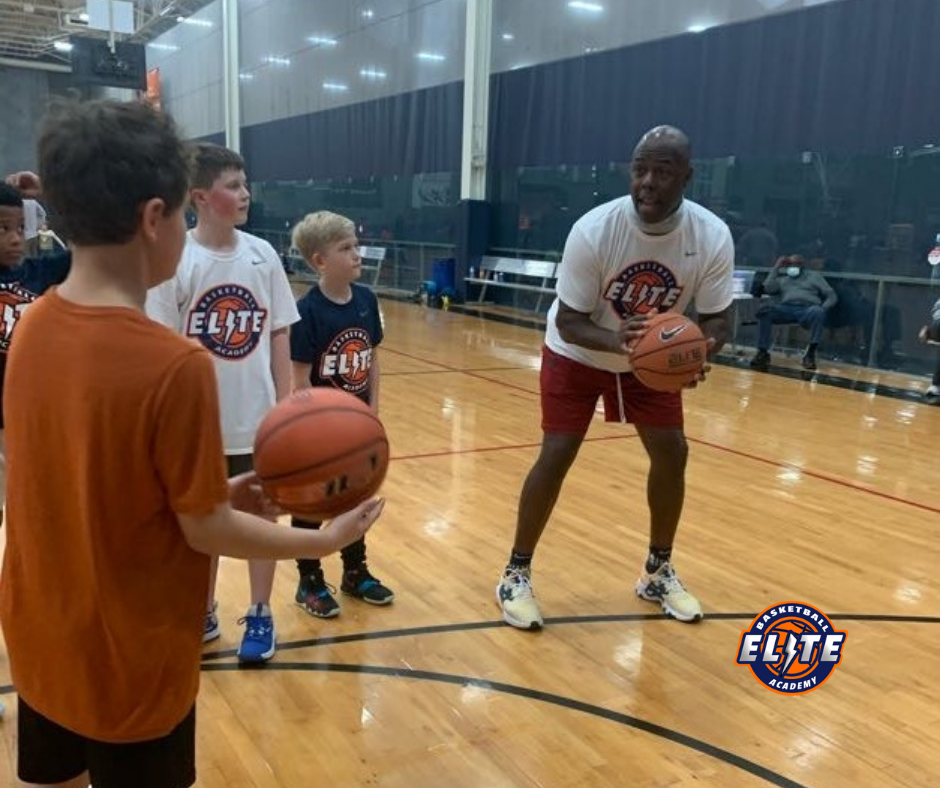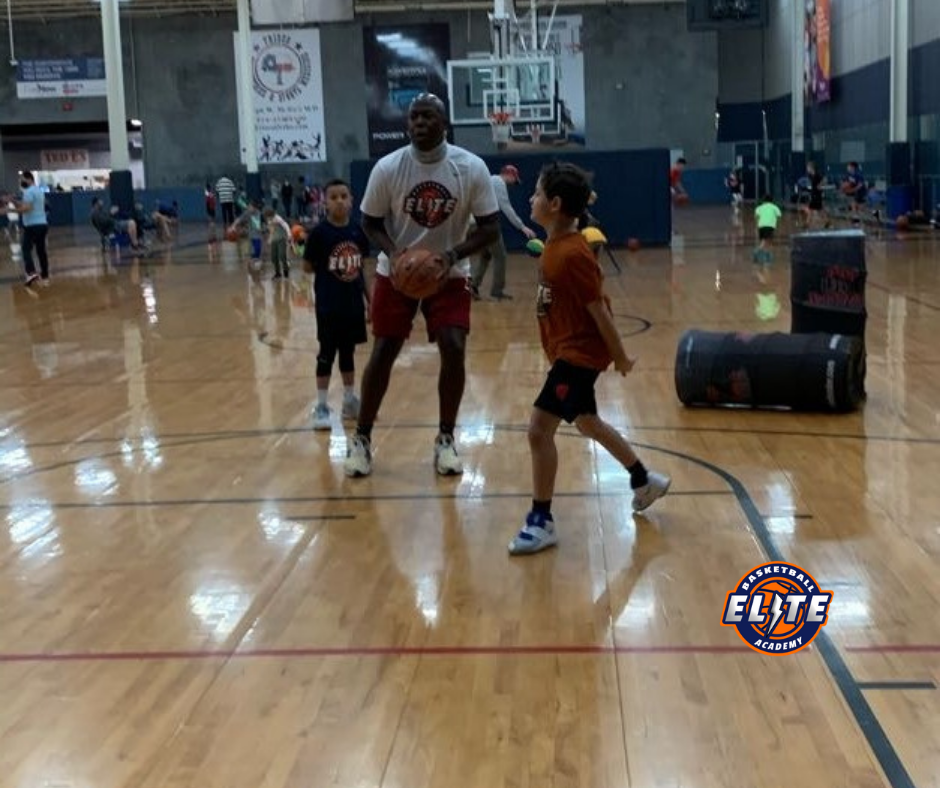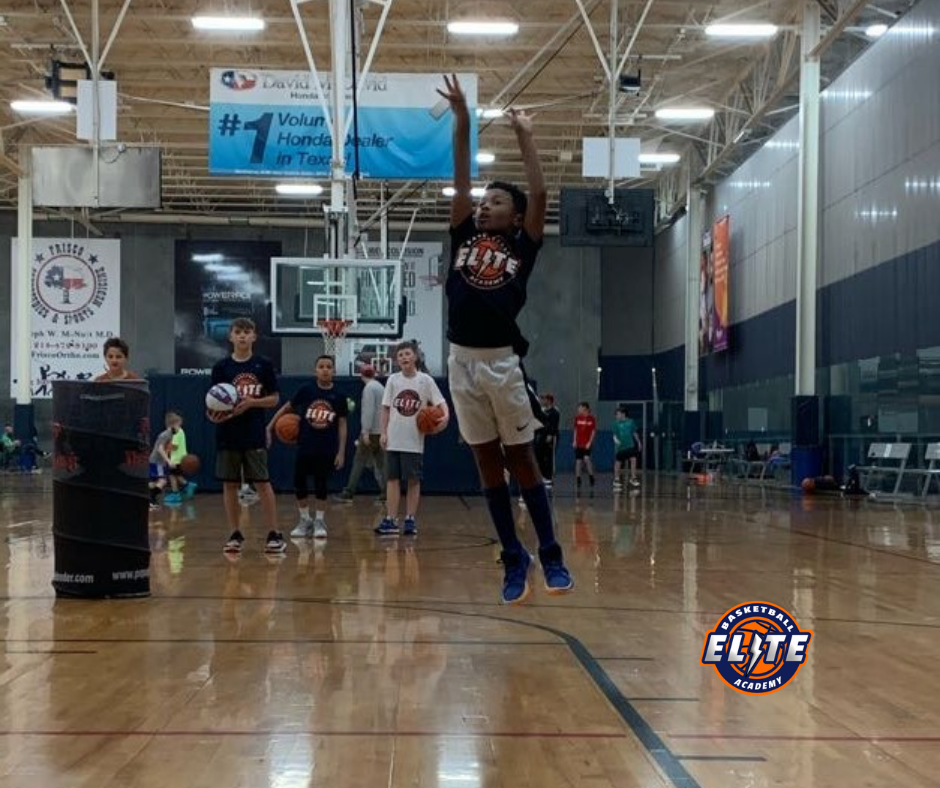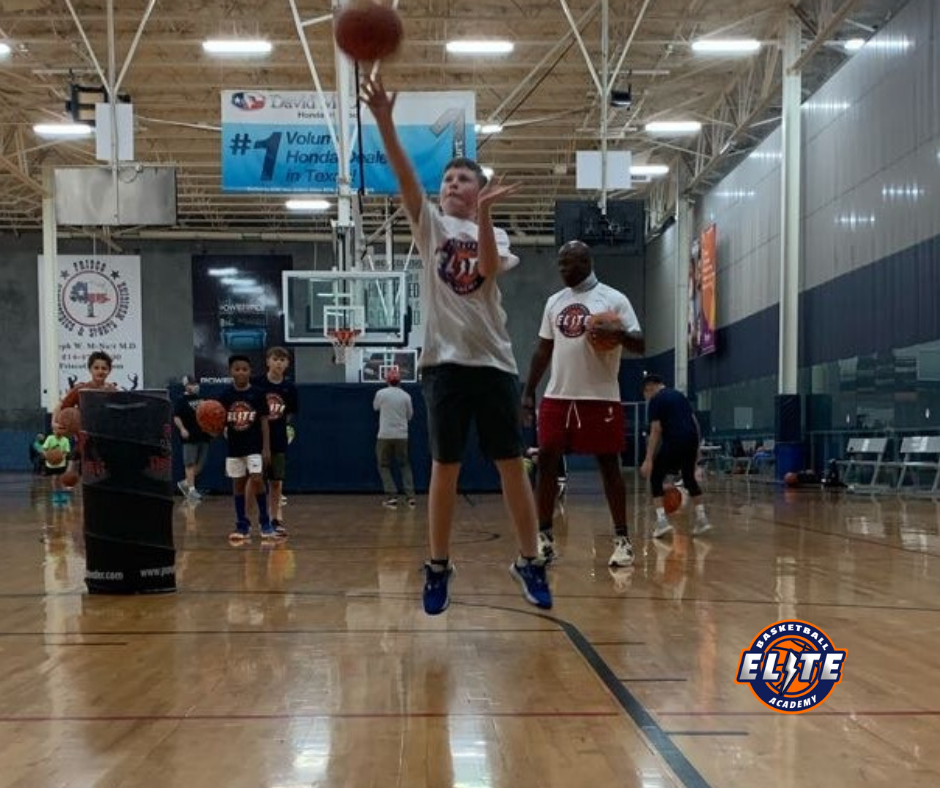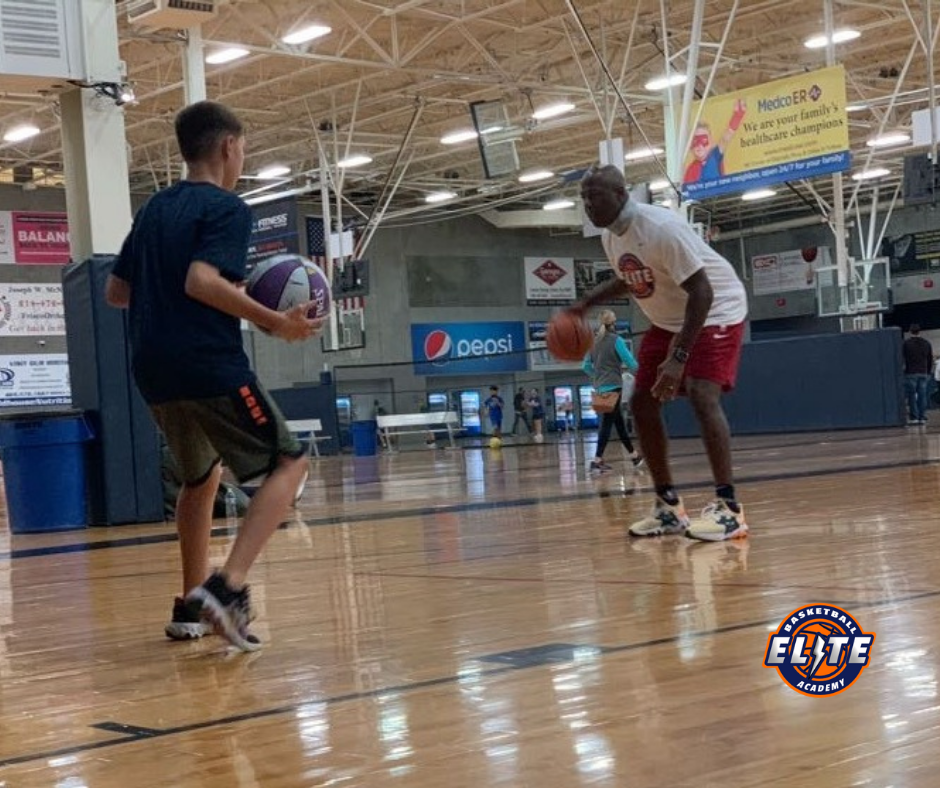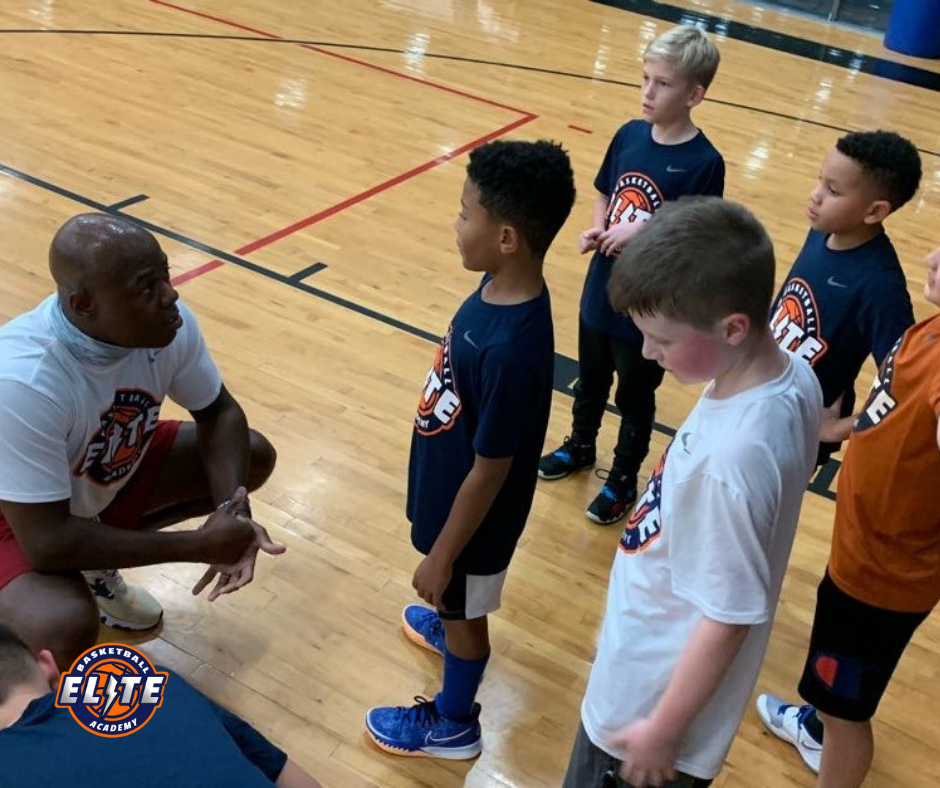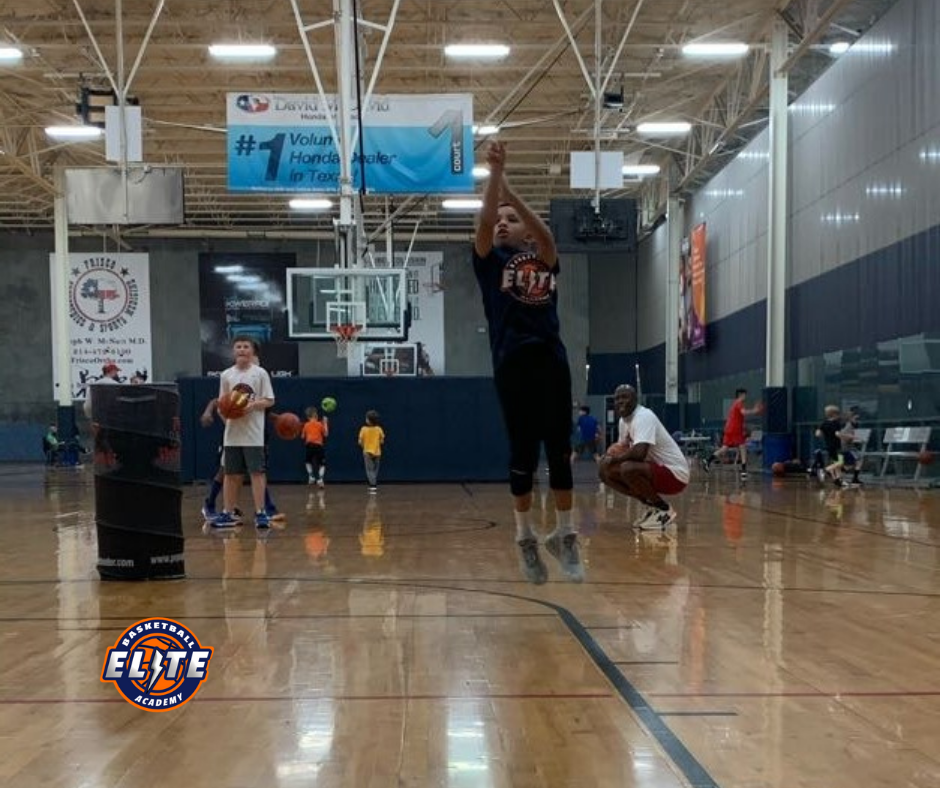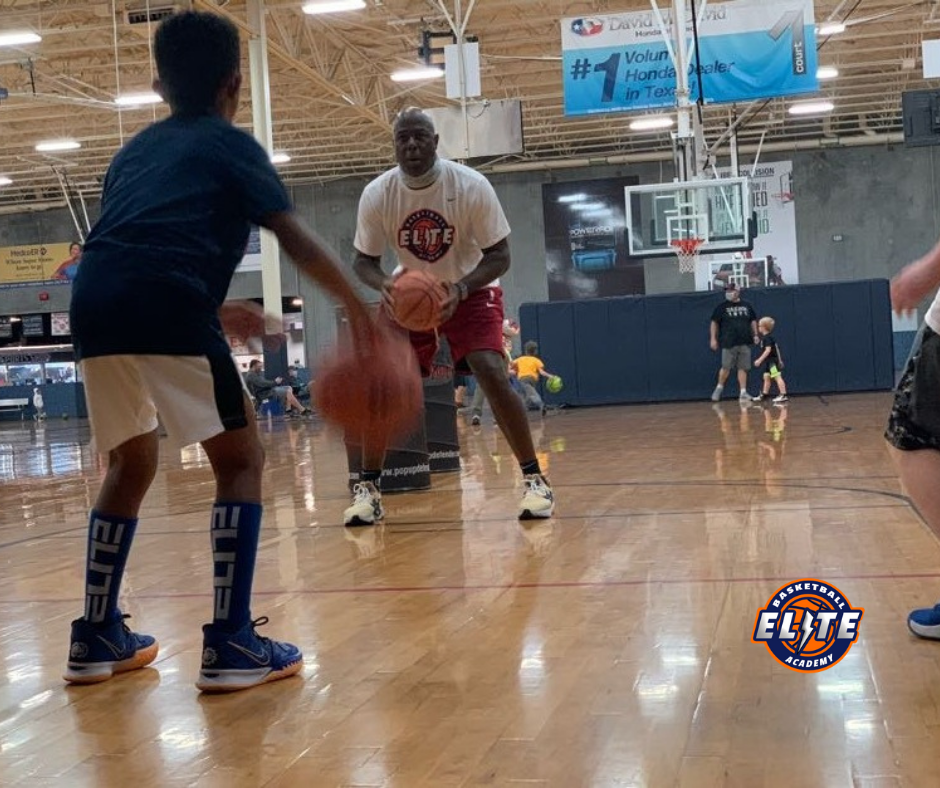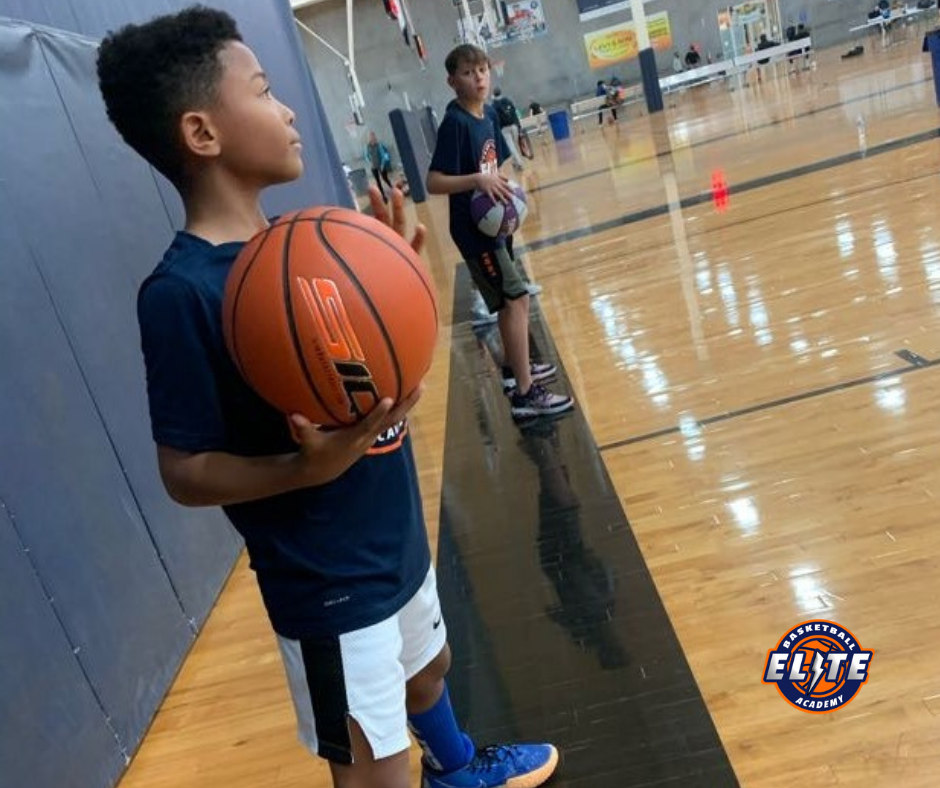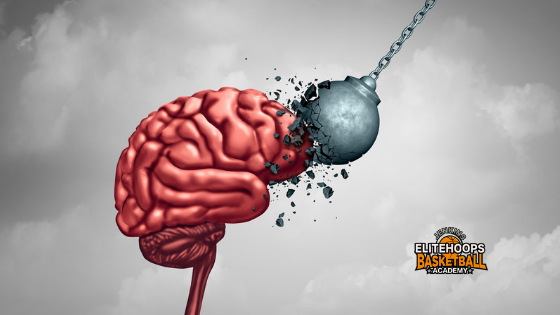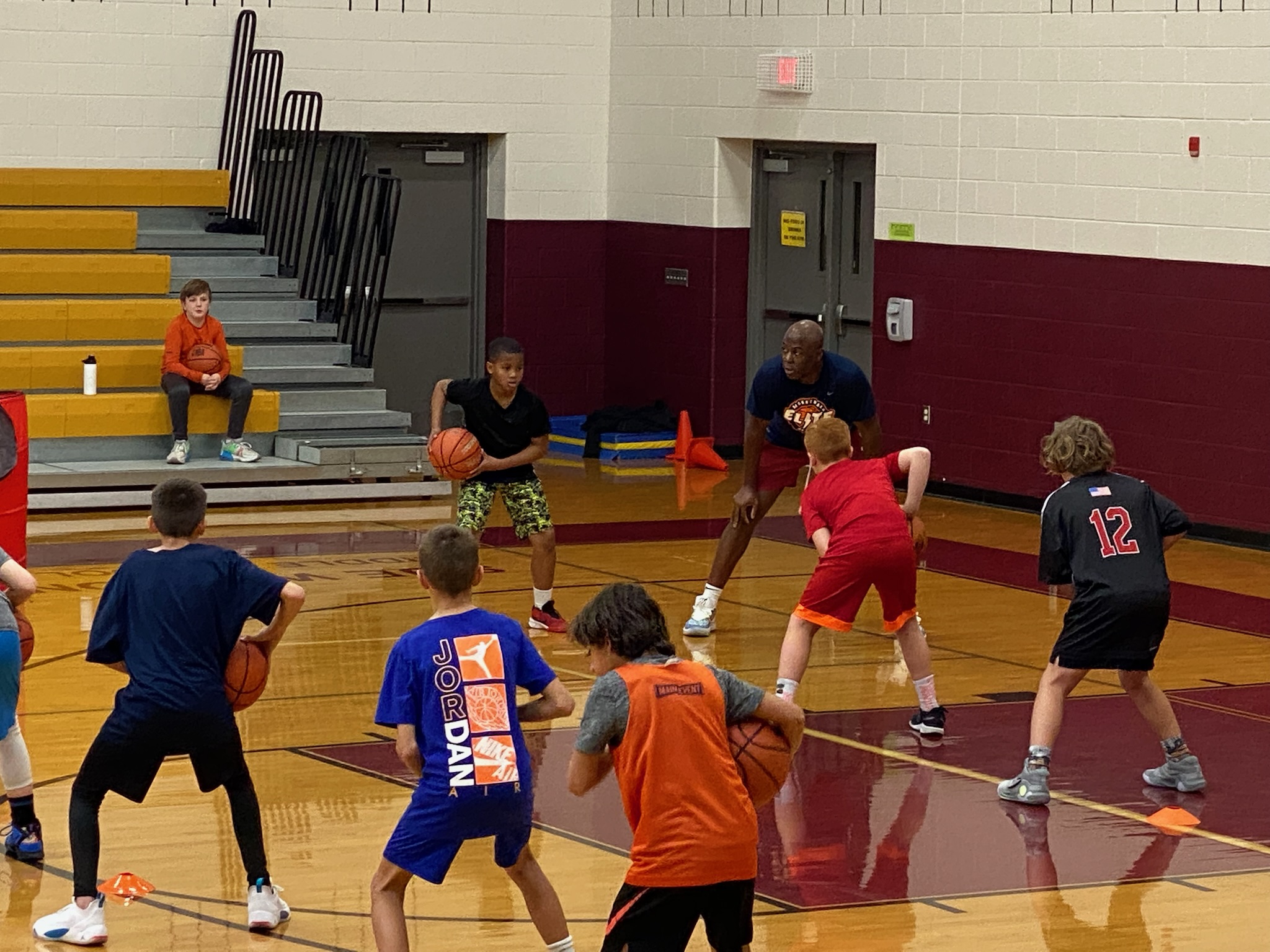
Basketball tryouts are an exciting yet nerve-wracking time for aspiring athletes. Whether you’re a seasoned player or just starting your basketball journey, making a strong impression during tryouts is crucial. To help you stand out and increase your chances of making the team, here are the top five things you can do:
1. Showcase Your Skills with Confidence:
During tryouts, coaches are looking for players who not only possess the necessary skills but also display confidence in executing them. This means dribbling, shooting, passing, and defending with poise and self-assuredness. Confidence not only makes you a more appealing player but also elevates your teammates’ performance. Remember, it’s not just about what you can do but how confidently you do it.
2. Embrace the Hustle:
Hustle and effort are two qualities that coaches highly value. Dive for loose balls, fight for rebounds, and demonstrate relentless energy on the court. Show that you’re willing to do the dirty work and put in the extra effort. Your determination and work ethic will set you apart from others who may rely solely on their talent.
3. Be Coachable:
Coaches appreciate athletes who are open to feedback and willing to adapt. Listen attentively to instructions and corrections during tryouts. Implement them immediately, and show that you can apply feedback effectively. Being coachable not only helps you improve but also demonstrates your commitment to the team’s success.
4. Display Team Chemistry:
Basketball is a team sport, and coaches want players who can seamlessly fit into the team dynamic. Be a good teammate by communicating on the court, setting screens, making unselfish passes, and celebrating your teammates’ successes. Show that you can contribute to the team’s chemistry and cohesion.
5. Exhibit a Positive Attitude:
Your attitude both on and off the court matters. Stay positive, even if you make mistakes during tryouts. Coaches appreciate players who maintain composure and a positive outlook. Demonstrating resilience in the face of challenges shows your mental toughness, a quality highly regarded in basketball.
Bonus Tip: Prepare Physically and Mentally
Before tryouts, make sure you’re physically prepared. Train, practice, and stay in shape to showcase your best performance. Additionally, mentally prepare by visualizing success, staying focused, and maintaining a strong mental attitude.
In conclusion, making a lasting impression during basketball tryouts requires more than just skills—it demands confidence, effort, coachability, teamwork, and a positive attitude. By embodying these qualities, you’ll not only stand out but also contribute positively to any team you aim to join. Good luck, and give it your all!
